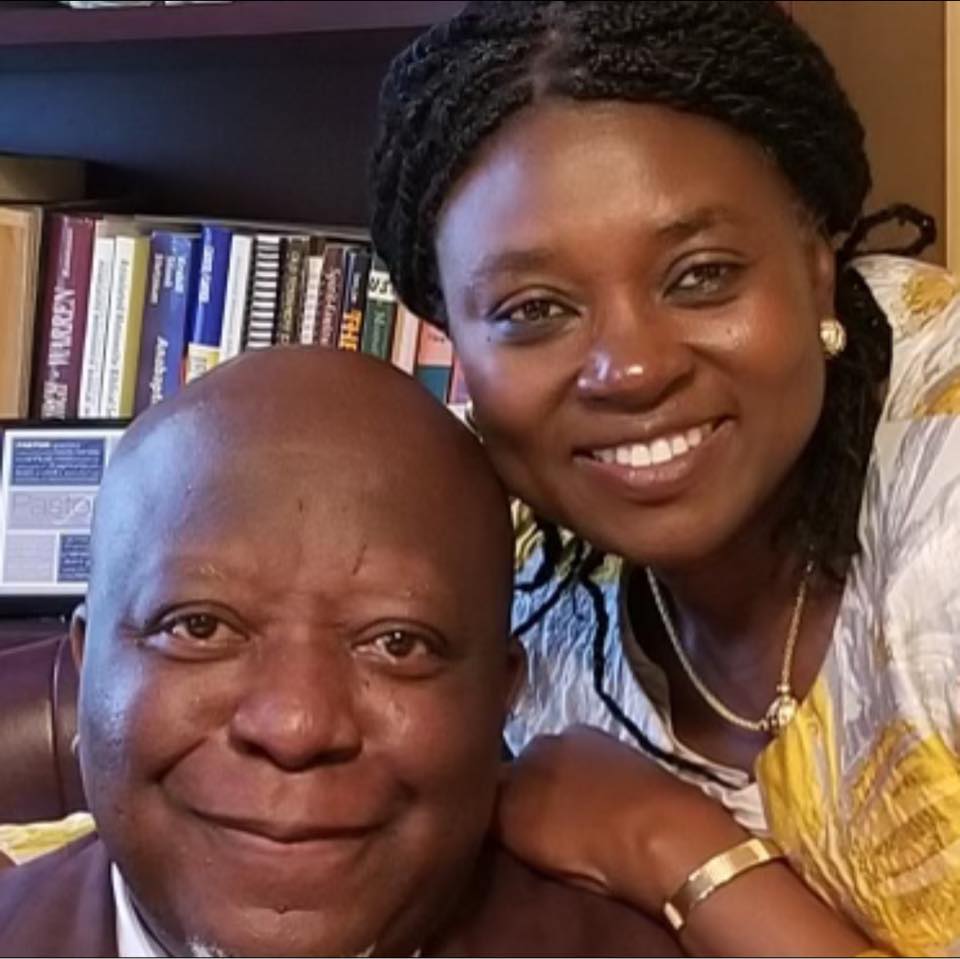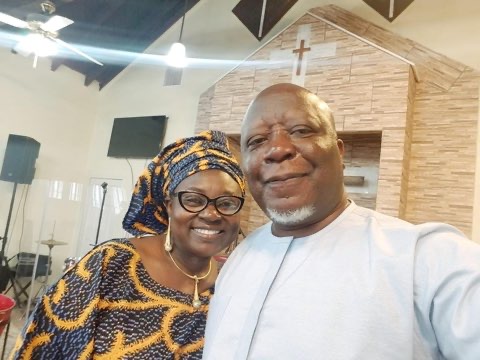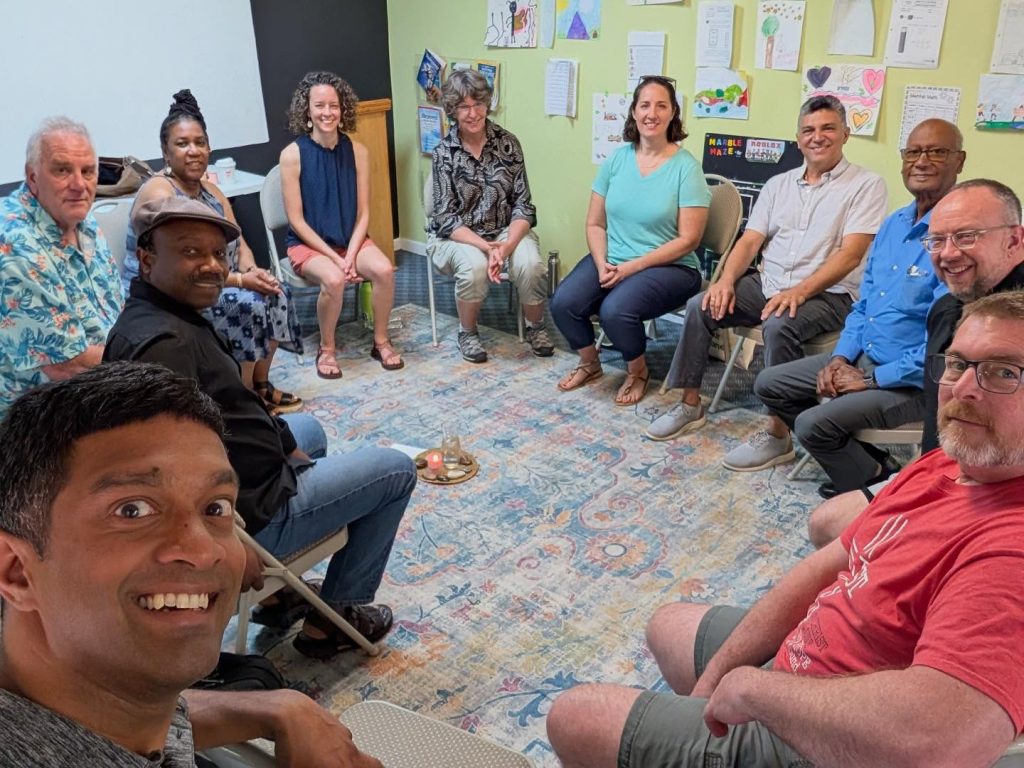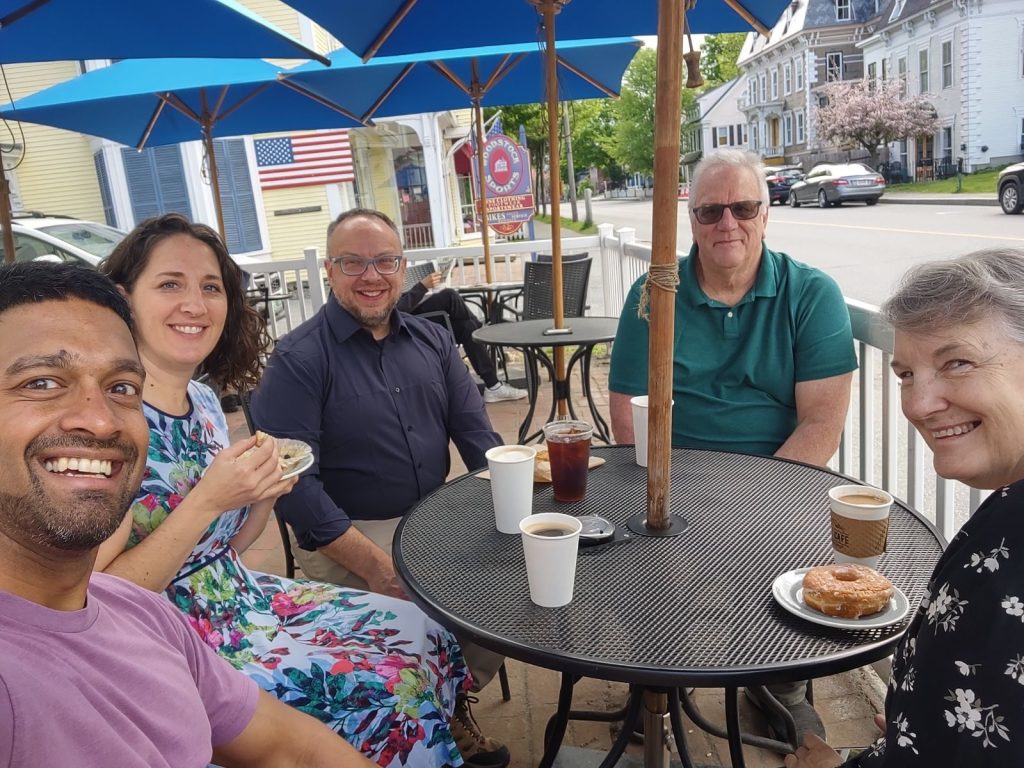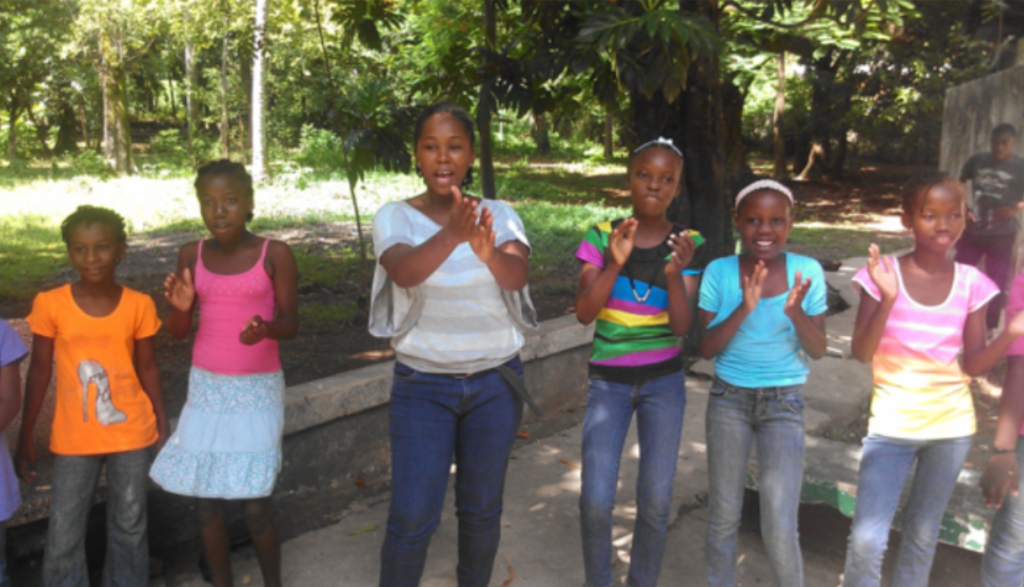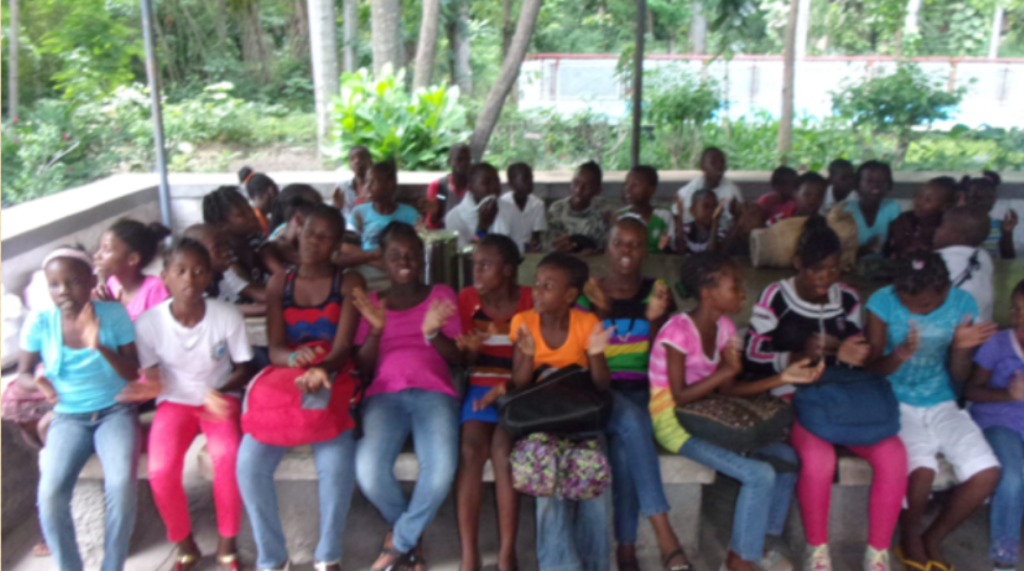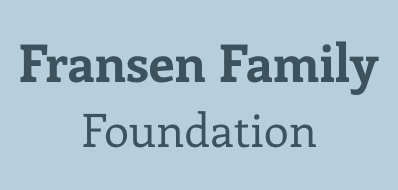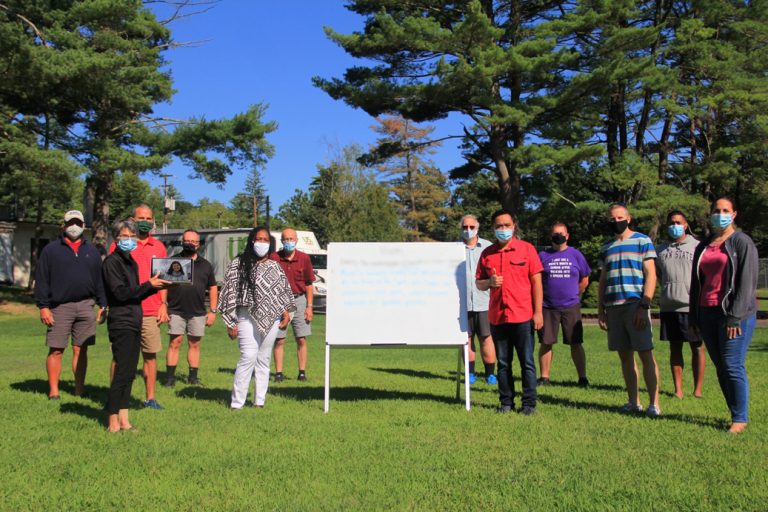Editor’s Note: This profile is part of a series of articles introducing the three board members joining the Mosaic Conference board in 2026.
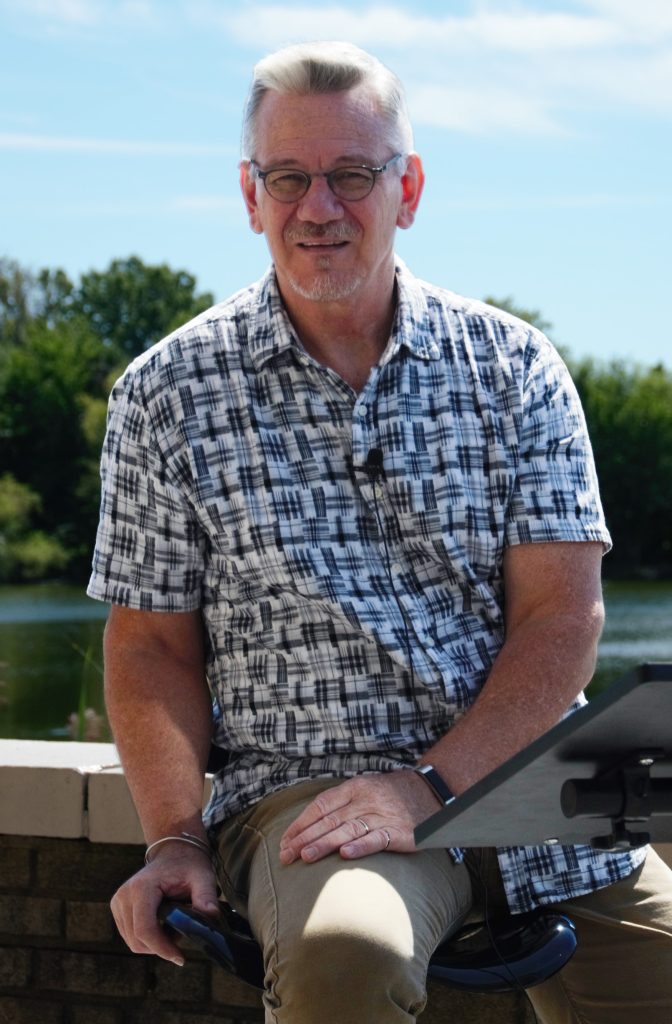
Lindy Backues brings decades of cross-cultural ministry, organizational leadership, and global perspective to his role as chair of Mosaic’s Conference-Related Ministries (CRM) Committee. For Backues, saying yes to this role felt like a natural extension of a long journey of service within Mosaic and beyond. As chair of the CRM Committee, Backues is most looking forward to helping Mosaic deepen and expand its missional focus through Conference-Related Ministries.
Much of Backues’s ministry has been shaped by nearly twenty years in West Java, Indonesia, where he lived from 1989 to 2007. During that time, he founded three nongovernmental organizations and engaged in economic development and missional community work, including several years living in a densely populated under-resourced urban neighborhood in Bandung, and also in the city of Tasikmalaya.
Since returning to the U.S., Backues has taught and mentored leaders, first at Eastern University and now at Eastern Mennonite University, where he teaches economic development and missional community development.
Backues’s connection to Mosaic Mennonite Conference spans nearly twenty years. He has served with Mosaic since 2008, was credentialed in 2016, and is now ordained with the conference. In addition to nearly a decade of service on the CRM Committee, he has also served on the Faith & Life Committee and has taught multiple times through Mosaic Institute, helping to shape its development as the conference’s Anabaptist school of leadership.
Backues was instrumental in the formation of Taproot, a Conference-Related Ministry that emerged from Philadelphia (PA) Praise Center, where he is a member. He is also actively involved with Indonesian Light Church and Nations Worship Center in Philadelphia. He recently joined the board of the CRM Amahoro International.
Outside of work and church leadership, Backues enjoys traveling, reading, long bike rides on the Schuylkill River Trail in Philadelphia. Recently, he has been learning the art of throwing pottery on a wheel. A lesser-known chapter of his story includes coordinating tsunami relief in Aceh after 2005, where he was able to fly in small helicopters over virgin rainforests many times. He also once moderated and interpreted a 600-person NGO meeting in Indonesia with the World Bank president seated right beside him.
Mosaic is grateful for Backues’s depth of experience and ongoing commitment to God’s mission through Mosaic’s Conference-Related Ministries.
Mosaic values two-way communication and encourages our constituents to respond with feedback, questions, or encouragement. To share your thoughts or send a message to the author(s), contact us at communication@mosaicmennonites.org.

